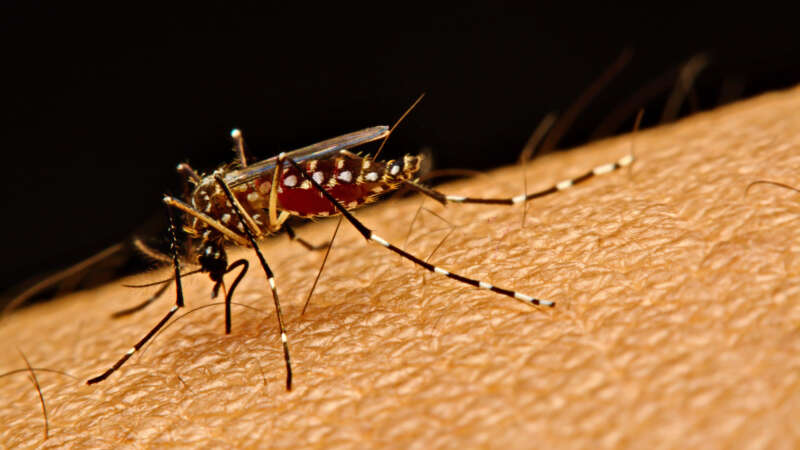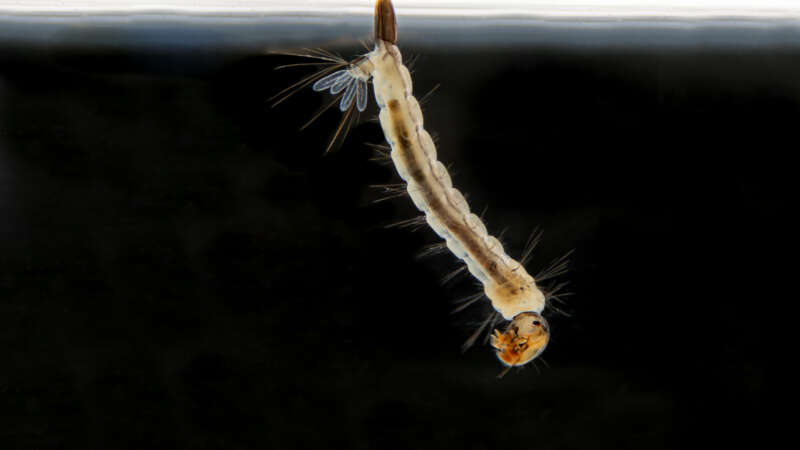Container Mosquitoes
Aedes aegypti: Beyond the Black and White
One look at Aedes aegypti gives an immediate impression of its menacing nature. The telltale dark and white bands on the mosquito’s legs and other body parts bring a sense of foreboding and hardship. Sleek, silent, and stealthy, Ae. aegypti is the primary vector for several important, debilitating, and sometimes fatal human diseases including dengue, Zika virus, yellow fever, and chikungunya. The species is cause for mounting concern on many levels, as its biology, behavior, and ability to adapt have made Aedes aegypti one of the most pervasive and daunting public health challenges in the modern world.
The first mosquito ever associated with the spread of disease, Ae. aegypti is also the most studied of all mosquito species.1 From its humble beginnings in the African wild to a footprint that spans the globe, this durable and opportunistic insect has become a formidable opponent of vector control efforts worldwide.
Study: Digitally Managed Larviciding
A new study has found that larval source management (LSM) – treating mosquito breeding habitats – can still be effective in malaria elimination operations, especially with the aid of new digital technologies. LSM has been replaced in Africa by long-lasting insecticidal nets (LLINs) and indoor residual spraying (IRS), but these methods are becoming less effective due to mosquitoes’ growing resistance to insecticides.
Beyond Catch Basins: Managing Culex Populations
Catch Basins and West Nile Virus Transmission In urban environments, road-side catch basins are common larval habitats of Culex species mosquitoes and important targets of …
Redefining the Problem that is Container Mosquitoes
Breakthroughs in Aedes control show potential for WNv programs, but more study is needed. WALS™ has gained notoriety in the recent past because of its …
Container Species Control in Mercer County
Area-wide larviciding using truck-mounted low-volume technology will be among the recommendations from a five-year, $3.8 million U.S. Department of Agriculture project to control the Asian …
A History of Zika Virus in Brazil
KNOWNS AND UNKNOWNS ABOUT THE ZIKA VIRUS EPIDEMIC The Zika virus is transmitted by container breeding mosquito species that are found in tropical and subtropical …
An Integrated Operations Approach to Managing Zika Virus Vectors
The current Zika virus outbreak in the Americas offers a stark reminder of how urbanization and ease of travel can magnify exposure to container mosquitoes …
Emerging Studies Gauge Zika Risk in Americas and Beyond
The Zika (ZIKV) pandemic and its widespread implications have spurred increased activity on several fronts. In addition to countless hours of laboratory research being devoted …
Miami-Dade Takes on Zika with Integrated Vector Management
In late July, months after news of the Zika outbreak in South America started to make headlines in the U.S., the first locally acquired Zika …

